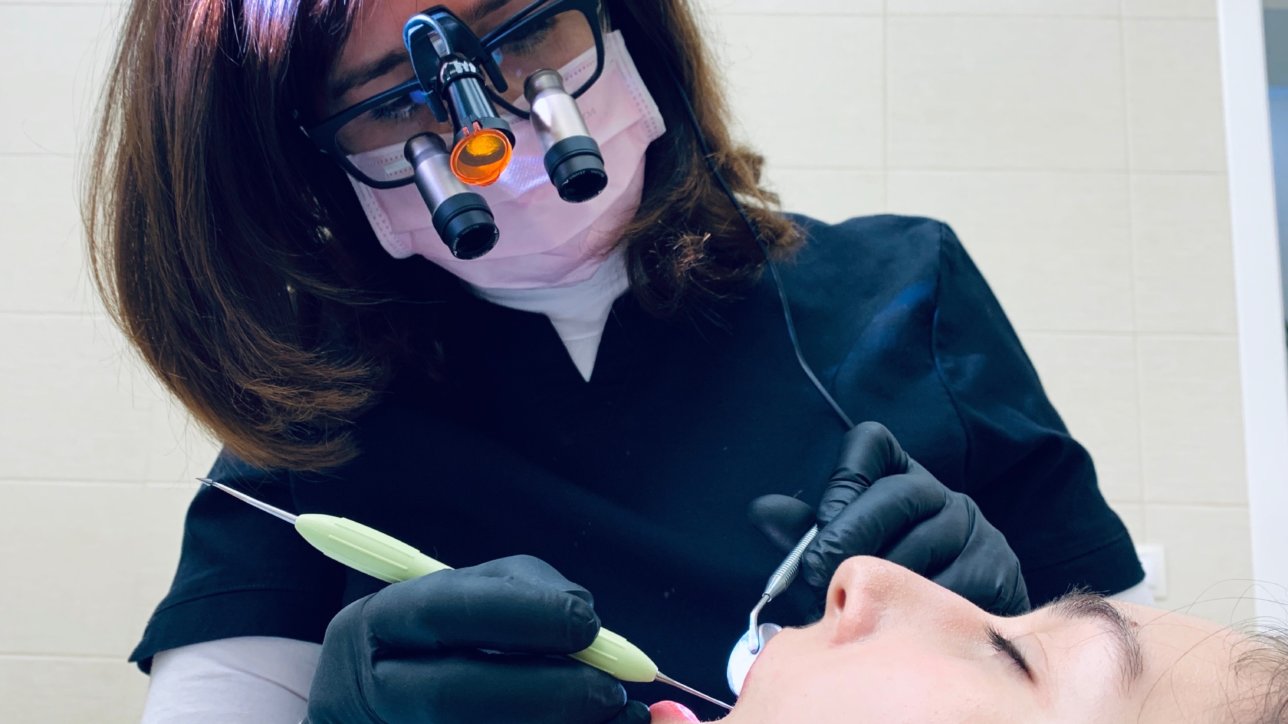
June 29, 2020
The DSO Conundrum

When it comes to selling your dental practice, it’s easy to rule out the option to sell to a dental service organization (DSO) because of their negative yet false reputation of corporate interest. In fact, a DSO might be a good fit when the seller is looking to stay on with the practice but wants to release managerial responsibilities, such as in a retirement situation, anyone who is looking to maintain a work-life balance, or a dentist who wants focus on the clinical side and patient care without contributing time and money associated with running a business. Here are all the facts you need to know about selling to a DSO.
What is a DSO?
A DSO is a business organization with the sole purpose of allowing non-dentist investment into dental practice ownership. A DSO isn’t necessary if all of the owners will always be dentists. But, you are limiting the value that can be achieved as the growth is limited by the personal funds of the owning dentists and their ability to carry debt.
The backstory
Dating back to the 1990s, many DSOs started from a single office that became very successful and its owner decided either to buy or start up other offices around them to keep up with the financial growth. However, most dental boards around the country have regulations limiting practice ownership to only dentists. In the 2000s, investors began putting together structures to help these large groups thrive, and this activity has expanded dramatically in the last 10 years.
Their responsibilities
DSOs provide non-clinical functions on a continuum. Some do a little, such as financial backing or accounting services; some do a lot, such as supply and lab formularies. However, they are a consulting group, a buying group, or an outsourced business services company. But, they may offer some or all of these services as they grow.
A new approach
Whether considering a typical transition or blended approach, it’s important to note that some may approach a DSO with hesitancy. Patient interest and office culture are just a few concerns staff can manifest when going into an unknown situation. But, the incentives have been aligning investors and doctors as both have goals they want to achieve.
The pitfalls
Before entering into an agreement, have an appraisal done by an independent party that includes a range based on other comparables. Avoid dealing directly with the DSO in any cases, and be sure to consider more than one or two groups when looking to transition. Lastly, conduct an accurate return-on-investment calculator to see what the long-term result will be in any situation.
What’s next?
Contact the experts at Professional Transition Strategies to learn more about existing DSO options and investors starting DSOs.